MALAWI – Project visit opens up horizons
2024-05-20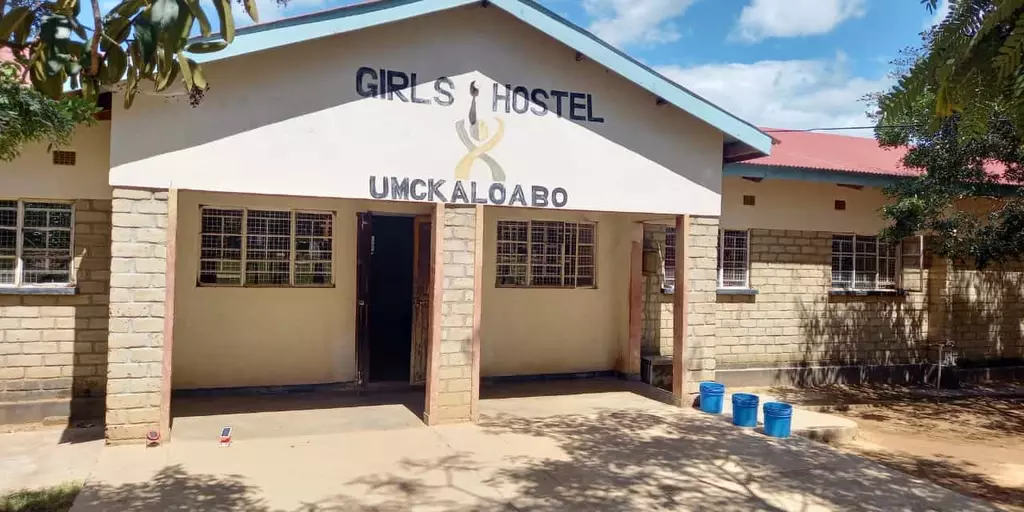
In April and May 2024, a small group of dedicated people became the first to visit the Umckaloabo Foundation’s projects in Malawi. The itinerary included time with the Scouts, touring the Chipunga coffee farm, visiting three of the primary and secondary schools we support, and seeing a flood zone where we provided aid.
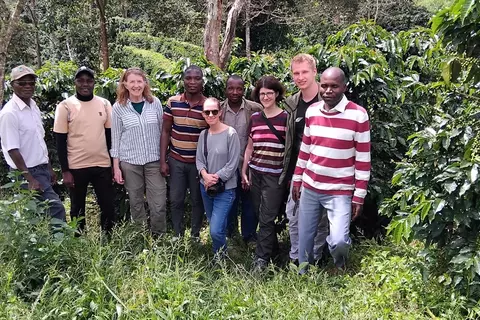
Lilongwe and Mzuzu
The trip began with a welcome by the Scouts in Lilongwe, a troup that was established with the financial assistance of the Foundation and has been working in cooperation with the Scouts in South Africa since 2019. After that, the group saw Chipunga Farms in Mzuzu, where the Foundation contributed to acquiring various kinds of equipment, constructing buildings and training employees at the farms for coffee and macadamia nuts.
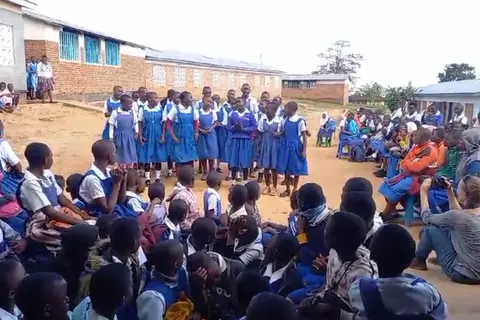
Mzuzu, Lunyungwa Primary School
Mzuzu is also home to the Lunyungwa Primary School, our 2021 “School in Africa”; the funds raised by the Africa Runners were used here to build new classrooms and plant fruit trees to improve the food supply for the students.
Our travel group was able to witness a ceremonial dance and a small celebration as thanks for the support from the Umckaloabo Foundation.
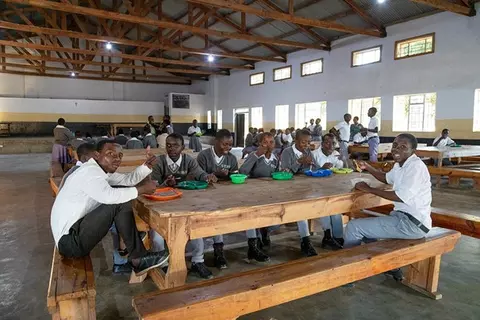
Nthalire, St Ignatius Secondary School
After a tour through Nyika National Park, the group continued its travels under conditions that were trying at times, but they made their way to St. Ignatius in Nthalire in northern Malawi. St. Ignatius is the first school the Umckaloabo Foundation helped build as a “School in Africa” with the help of the Africa Runners. Thanks to our scholarship program, this boarding school can accommodate young people from poor or dysfunctional households and help them complete proper schooling.
The teachers and students received the group with an overwhelmingly warm welcome, in no small part because of the many years of close contact between the school and the Foundation. There was an opportunity here to engage in deeper conversations with the students and staff on a more personal level, especially the scholarship recipients. Some of the travelers have already been contributing to the students’ scholarships for years.
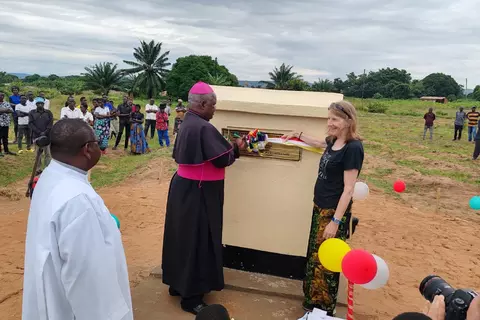
Karonga, St Steven’s Secondary School
Once the German Federal Ministry for Economic Cooperation and Development approved its funding, construction on the school here was able to begin, and some of the money also came from the 2023 Africa Runners and the Schwabe Group. The building process began with
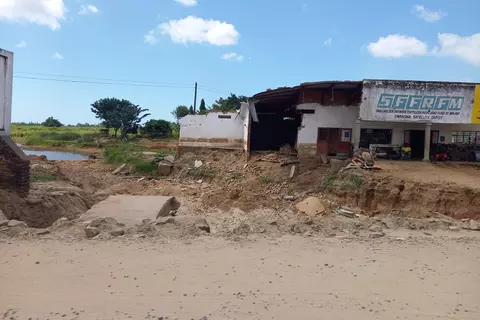
Kasitu, emergency aid for flood victims
With the assistance of the dioscese, the Umckaloabo Foundation provided emergency aid in Kasitu for the victims of the floods in March 2024; after heavy rains, the Kaombe river washed away streets, bridges and homes. Pastor Mark Mkandawire was our partner in coordinating the emergency aid. In some places, severe damage is still visible.
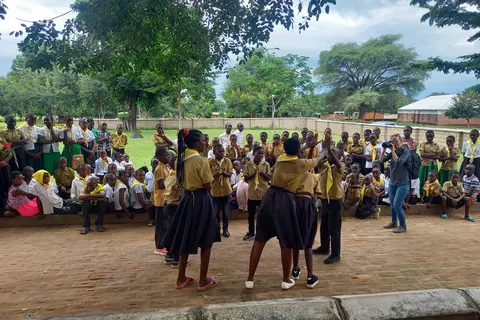
Building bridges
Every year, a group of travelers goes on a project visit to South Africa or, for the first time this year, to Malawi so they can get to know the work that the Umckaloabo Foundation supports on site (and in some cases has supported for years). In doing so, they can also take a closer look at projects which may be potential areas of focus in the future. One way or another, however, project visits of this kind are incredibly valuable to everyone involved. They make it possible for people to come into contact in ways they would not otherwise; they build bridges between communities and open up new horizons.